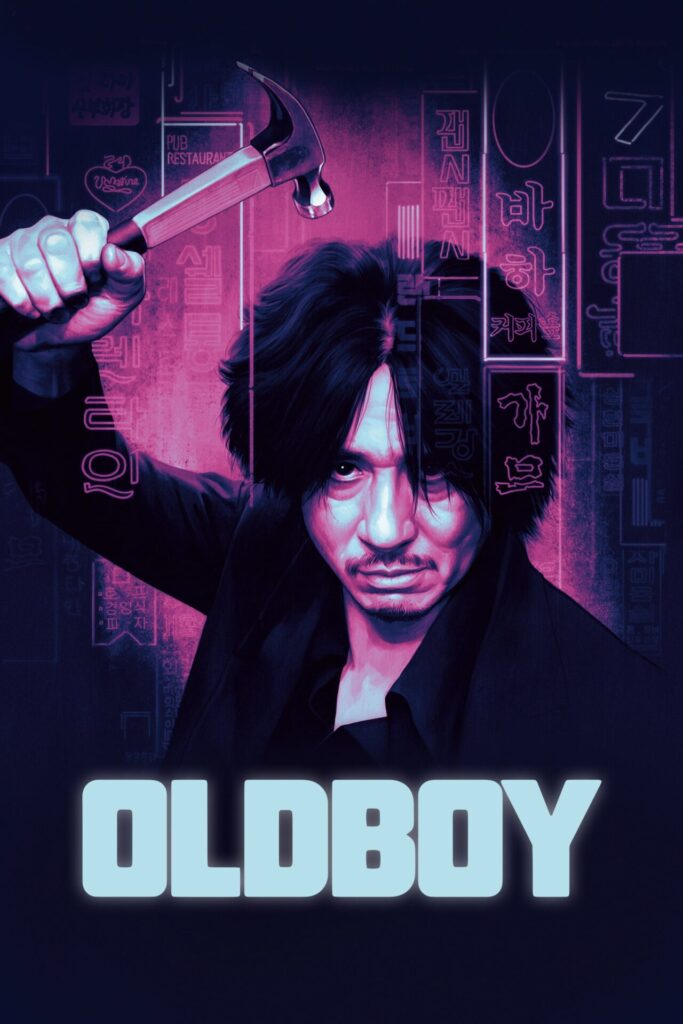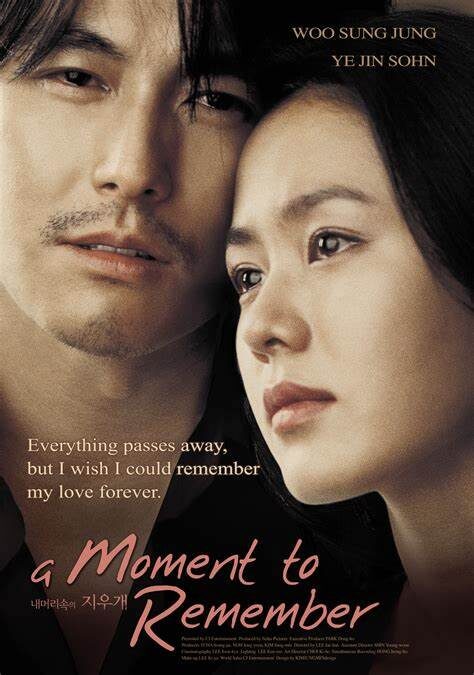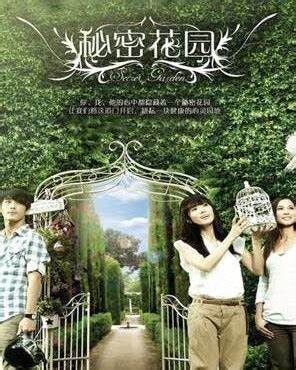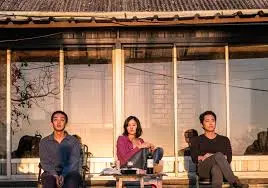Music is the soul of cinema, elevating narratives and imbuing scenes with emotion and depth. In Korean cinema, soundtracks play a pivotal role in enhancing storytelling, creating lasting memories, and capturing the essence of the films they accompany. This article delves into the most iconic Korean movie soundtracks, exploring their impact on the audience and their contributions to the cinematic landscape. Let’s embark on this melodious journey and uncover the magic of Korean movie soundtracks.
The Evolution of Korean Movie Soundtracks
Early Beginnings
The history of Korean movie soundtracks dates back to the early 20th century when live musicians performed alongside silent films. This tradition laid the foundation for the integration of music in Korean cinema, setting the stage for the development of original soundtracks.
The Golden Age of Korean Cinema
The 1960s and 1970s marked the Golden Age of Korean cinema, with memorable soundtracks becoming an integral part of the film industry. Composers created evocative scores that resonated with audiences, enhancing the emotional impact of the films.
The Power of Music in Storytelling
Setting the Tone
Music sets the tone for a film, creating the desired atmosphere and preparing the audience for the unfolding narrative. A well-composed score can evoke a wide range of emotions, from joy and excitement to sadness and suspense.
Enhancing Emotional Impact
Soundtracks enhance the emotional impact of a film, making scenes more poignant and memorable. The right piece of music can amplify the feelings of love, heartbreak, fear, or triumph, leaving a lasting impression on the audience.
Character Development
Music also plays a significant role in character development, using leitmotifs—recurring musical themes associated with specific characters—to underscore their personalities and emotional journeys.
Iconic Korean Movie Soundtracks
Oldboy (2003)

Composer: Jo Yeong-wook
The haunting and atmospheric soundtrack of “Oldboy” is one of the most iconic in Korean cinema. Jo Yeong-wook’s score perfectly complements the film’s dark and intense narrative, creating an unforgettable auditory experience.
The Classic (2003)

Composer: Jo Yeong-wook
Another masterpiece by Jo Yeong-wook, the soundtrack of “The Classic” is known for its emotional depth and beautiful melodies. The music captures the essence of the film’s romantic and nostalgic themes, making it a timeless favorite.
A Moment to Remember (2004)

Composer: Kim Tae-seong
The poignant soundtrack of “A Moment to Remember” enhances the film’s heart-wrenching love story. Kim Tae-seong’s compositions evoke a sense of longing and melancholy, leaving a lasting impact on the audience.
Memorable Songs from Korean Movies
“Lonely Road” from Il Mare (2000)

Composer: Lee Byung-woo
The enchanting song “Lonely Road” from “Il Mare” captures the film’s romantic and otherworldly atmosphere. Lee Byung-woo’s composition is both soothing and evocative, making it a standout piece in the film’s soundtrack.
“Secret Garden” from Secret Garden (2010)

Composer: Various Artists
The soundtrack of “Secret Garden” features the titular song “Secret Garden,” which perfectly captures the magical and romantic essence of the drama. The beautiful melody and heartfelt lyrics make it a memorable and beloved song.
“My Love” from Dr. Romantic (2016)

Singer: Baekhyun (EXO)
Baekhyun’s soulful rendition of “My Love” from the drama “Dr. Romantic” has become an iconic song. The emotional depth and powerful vocals make it a standout piece that resonates with the audience.
The Role of Traditional Korean Music
Incorporating Traditional Instruments
Many Korean movie soundtracks incorporate traditional Korean instruments, such as the gayageum and the haegeum, to create a unique and culturally rich soundscape. These instruments add authenticity and depth to the music, enhancing the storytelling.
Fusion of Traditional and Modern Music
The fusion of traditional and modern music is a common practice in Korean cinema. This blending of genres creates a dynamic and innovative sound that adds an extra layer of richness to the film’s narrative.
The Impact of K-Drama OSTs
K-Drama and Movie Collaborations
K-Drama Original Soundtracks (OSTs) often feature collaborations with popular musicians, adding a contemporary flair to the soundtracks. These collaborations attract a wider audience and enhance the emotional impact of the dramas.
Notable K-Drama OSTs
- “Stay With Me” from Goblin (2016): Sung by Chanyeol (EXO) and Punch, this song has become an iconic piece of music that perfectly captures the romantic and mystical atmosphere of the drama.
- “Beautiful” from Goblin (2016): Sung by Crush, this song’s beautiful melody and heartfelt lyrics make it a memorable and beloved piece of music.
The Challenges of Creating Iconic Soundtracks
Time Constraints
Composers often face time constraints when creating soundtracks, requiring them to work efficiently and creatively to produce high-quality music within tight deadlines.
Balancing Music and Narrative
Creating a soundtrack that complements the narrative without overpowering it is a delicate balance. Composers must carefully consider the tone and pacing of the film to ensure the music enhances the storytelling.
Meeting Audience Expectations
With the growing popularity of Korean cinema, audience expectations for soundtracks have also increased. Composers must consistently deliver exceptional music that resonates with viewers and leaves a lasting impression.
The Influence of Korean Movie Soundtracks on Global Cinema
International Collaborations
The global success of Korean films has led to collaborations with international composers and musicians. These partnerships bring new perspectives and styles to Korean movie soundtracks, enriching the overall cinematic experience.
Awards and Recognition
Korean movie soundtracks have received international recognition at film festivals and award ceremonies. Composers like Jo Yeong-wook and Lee Byung-woo have been praised for their contributions to the industry, further cementing the global influence of Korean film music.
Cultural Exchange
The popularity of Korean movie soundtracks has facilitated cultural exchange, introducing international audiences to traditional Korean instruments and melodies. This exchange fosters a greater appreciation for Korean culture and music.
The Future of Korean Movie Soundtracks
Technological Advancements
Advancements in technology continue to shape the future of Korean movie soundtracks. Digital audio workstations, virtual instruments, and innovative recording techniques enable composers to create complex and dynamic scores.
Emerging Composers
A new generation of composers is emerging in the Korean film industry, bringing fresh ideas and innovative approaches to film music. These talented individuals are pushing the boundaries of traditional film scoring and exploring new musical landscapes.
Continued Evolution
The role of music in Korean cinema will continue to evolve as filmmakers and composers experiment with different genres, styles, and techniques. The fusion of traditional and modern elements, along with collaborations with international artists, promises a vibrant and dynamic future for Korean movie soundtracks.
READ ALSO:
- Rising Korean Actors to Watch in 2025
- Korean Movies That Won International Awards
- The Rise of Korean Web Dramas
- Korean Celebrities Known for Their Philanthropy
Conclusion
Music is an essential and transformative element in Korean cinema, enriching narratives, conveying emotions, and creating unforgettable experiences for audiences. From haunting melodies to heartwarming songs, the soundtracks of Korean movies have left a lasting impact on the cinematic landscape. As Korean cinema continues to captivate global audiences, the role of music will remain a vital and influential force in shaping its stories.
FAQs
1. What makes a movie soundtrack iconic?
An iconic movie soundtrack enhances the narrative, conveys emotions, and leaves a lasting impression on the audience through memorable melodies and compositions.
2. How do traditional Korean instruments contribute to movie soundtracks?
Traditional Korean instruments add authenticity and cultural richness to movie soundtracks, enhancing the storytelling and creating a unique soundscape.
3. Who are some notable composers in Korean cinema?
Notable composers in Korean cinema include Jo Yeong-wook, Lee Byung-woo, and Kim Tae-seong, known for their innovative and evocative scores.
4. How have Korean movie soundtracks influenced global cinema?
Korean movie soundtracks have influenced global cinema through international collaborations, awards, and cultural exchange, introducing traditional Korean music to a wider audience.
5. What is the future of Korean movie soundtracks?
The future of Korean movie soundtracks includes technological advancements, emerging composers, and continued evolution, promising a vibrant and dynamic musical landscape.


